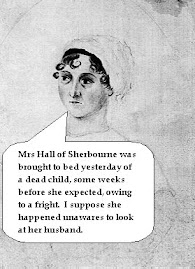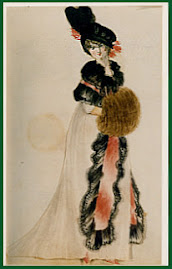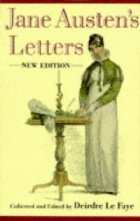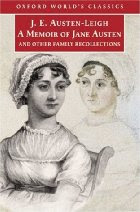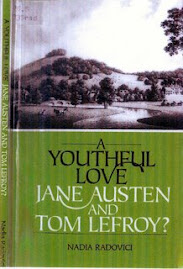Having, dear fellow bloggers, finally finished reading Emma about 30 years after having started it, I can only say that I am grateful I did not finish it back in those early days, as most of the subtleties would have gone straight over my head.
A couple of days ago, I decided to apply myself to Arnie Perlstein's fascinating series of questions about the novel (particularly those about the somewhat vexed relationship between Frank Churchill and Jane Fairfax), to see how many of them I could answer. Initially, the response was "not many", which necessitated another reading, and what an eye opener it was!
Although a few of Arnie's ingenious questions still remain unanswered by this blogger at least, I think I can safely say that 1) Jane Fairfax is now much less of a riddle than she proved to be previously, 2) Frank Churchill is indeed, as Arnie says, a "master manipulator", and 3) Jane Austen gets naughtier and naughtier on every reading! :)
Your Sunday Austen Meditation
1 year ago

